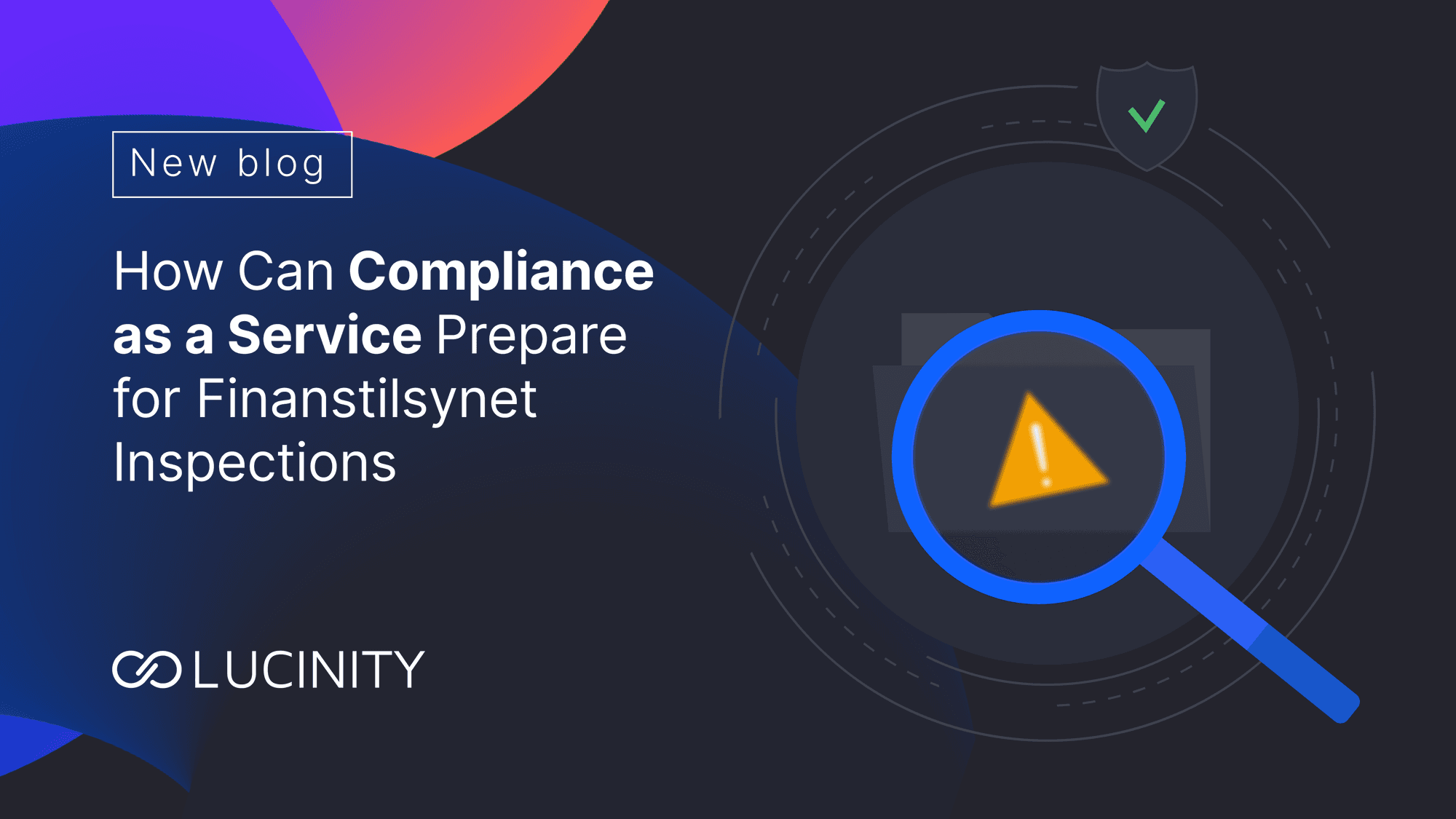Women in AML: #BreakTheBias and Lead the Way!
There's no better time to start breaking down these barriers and paving a path for future female compliance professionals to advance in their careers.
On International Women’s Day, businesses of all sizes and industries come out from the woodwork to talk about diversity, equality, and opportunity in their respective workplaces. Which is great. And yet, women's issues with pay gaps, glass ceilings, and prejudice seem to remain ever longer.
Women ('s issues) in AML: same, but different
Reading the portraits of Lucinity's women talking about their experiences and challenges prompted a thought. While women often face similar obstacles in (and for) their careers, the differences between disciplines and industries can be vastly different. And, more to the point, not talked about enough.
Women in technology face resistance from the beginning. Whether it's lack of role models, unconscious or intentional gatekeeping, or an unwelcoming environment — being a woman in technology means a constant uphill battle.
Women in anti-money laundering and compliance don't necessarily experience the same early obstacles. There are plenty of women in AML teams, and the nature of educational and work-experience requirements don't seem to hit them as hard as they do in STEM fields.
Still, women in AML are also facing the same challenges, but differently.
Moving in vs. moving up
The key issue I see for women in compliance is advancement. Women perform exceptionally in AML due to their attention to detail, ability to multitask, and capability for creativity. All are essential for thriving in modern-day compliance.
However, when it comes to advancing their careers and becoming leaders within the organization or the industry as a whole, women are often stopped cold by both opportunistic and systematic biases.
While women perform exceptionally in AML, it leaves them little to no opportunities to "play the game" and move higher in the organization. Moreover, by taking over much of the workload, they inadvertently create opportunities for their male colleagues to pursue career advancement.
Even when this is not the case, women often lack the communication skills (and training) to compete with men. We tend to be soft(er) spoken in person or we can tend to be too verbose and lose our audience, without achieving the desired outcome. We can be hesitant to face conflict or difficult team members, for fear that such encounters will be dismissed as simply being “personality conflicts”, and instead become more comfortable addressing challenging dynamics through email. Because of societal conventions, we often have to balance family and work in ways that men don't. All impairments to having the same opportunities for advancement as men.
#BreakTheBias and Lead the Way
I believe that breaking the barriers for women in AML has to focus on eliminating these communication problems first. I really liked Theresa's perspective on equalizing the workplace for all genders: "I would like to see more merit-based workplaces where it doesn't matter how well you sell yourself or how assertive you are."
I concur. Assertiveness is a traditional male trait, and because men have dominated the world of business, most opportunities have been created to cater to the male perspective. Women are still characterized as confrontational when taking a strong position and often taking on the role of “peacekeeper”, one which while fulfilling, takes away from focusing on the other technical skills and expertise female technology and AML experts have to offer.
There's no easy way to achieve equality like this. Yes, women need to be more aware of these systematic obstacles and work to get both through and around them. And men must recognize the inherent bias and unfairness that ripples through a woman's career until it becomes an unstoppable tsunami of hindrance impossible to overcome. Equally, however, I still hear of women with an unsupportive female boss, who likely did the hard yards and wears the battle scars to get where they are today. Why shouldn’t all other women have to overcome the same challenges, they may think? The answer is quite simple: because they should not have to and if forced to do so, we will repeat the same mistakes with the next generation of talented women and lose them from these areas of expertise.
While education isn't necessarily a hard obstacle for women in AML, we still can (and should) do better in preparing them with skills that benefit not their work performance but their ability to progress in their careers. And, going even further back in the life of a woman, we need role models who will instill these soft skills in girls from an early age.
With technology equalizing almost everything, including the compliance industry, there's no better time to start breaking down these barriers and paving a path for future female compliance professionals to advance in their careers.
Lead the way!





